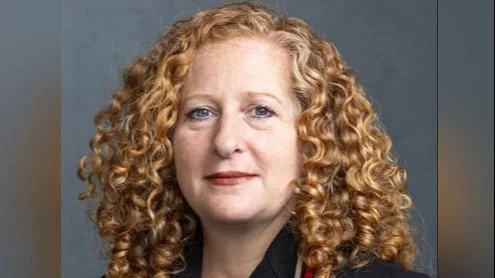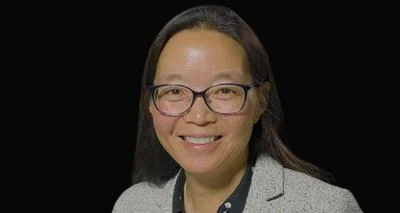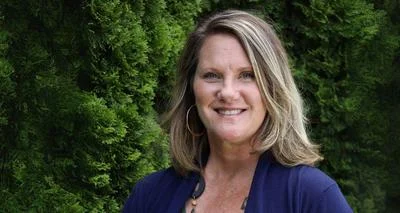Jennifer Mnookin Chancellor | Official website
Jennifer Mnookin Chancellor | Official website
The way professionals are addressed in public discourse may have deeper implications than previously thought, according to research by Stav Atir, an assistant professor at the Wisconsin School of Business. Atir's curiosity about gender-based naming conventions led to a study titled "How gender determines the way we speak about professionals," conducted with co-author Dr. Melissa Ferguson from Yale University.
Atir observed that men are often referred to by their last names, while women are more frequently called by their first names. This pattern prompted a question: "Was this a real pattern, and if so, what were its consequences?" Atir explained how once she noticed this tendency, it became impossible to ignore.
Their research found that people are more than twice as likely to refer to male professionals by surname compared to female professionals. The study suggests that language influences perceptions of professional status. For instance, individuals referred to by their surnames are perceived as more eminent and deserving of recognition.
This phenomenon extends beyond politics into academia, science, literature, and other fields. However, political coverage provides vivid examples of this trend. In the current presidential election cycle between Kamala Harris and Donald Trump, the media often uses "Kamala vs. Trump" instead of "Harris vs. Trump."
While some argue that unique names like "Kamala" might be used more due to distinctiveness or personal preference—"I just like saying 'Kamala.' It sounds nice"—the research controlled for name uniqueness and found the gender effect persisted regardless.
Interestingly, some male candidates have strategically used first names in campaigns—such as Pete Buttigieg ("Mayor Pete") or Bernie Sanders—to create approachability but maintain authority through last name references when needed.
Atir advises being proactive about preferred forms of address in professional settings and correcting mispronunciations gently yet firmly: "'Oh, I usually go by [preferred form]' can be effective." She emphasizes understanding how different standards based on gender affect perceptions is crucial alongside respecting individual identities and pronouns.





 Alerts Sign-up
Alerts Sign-up